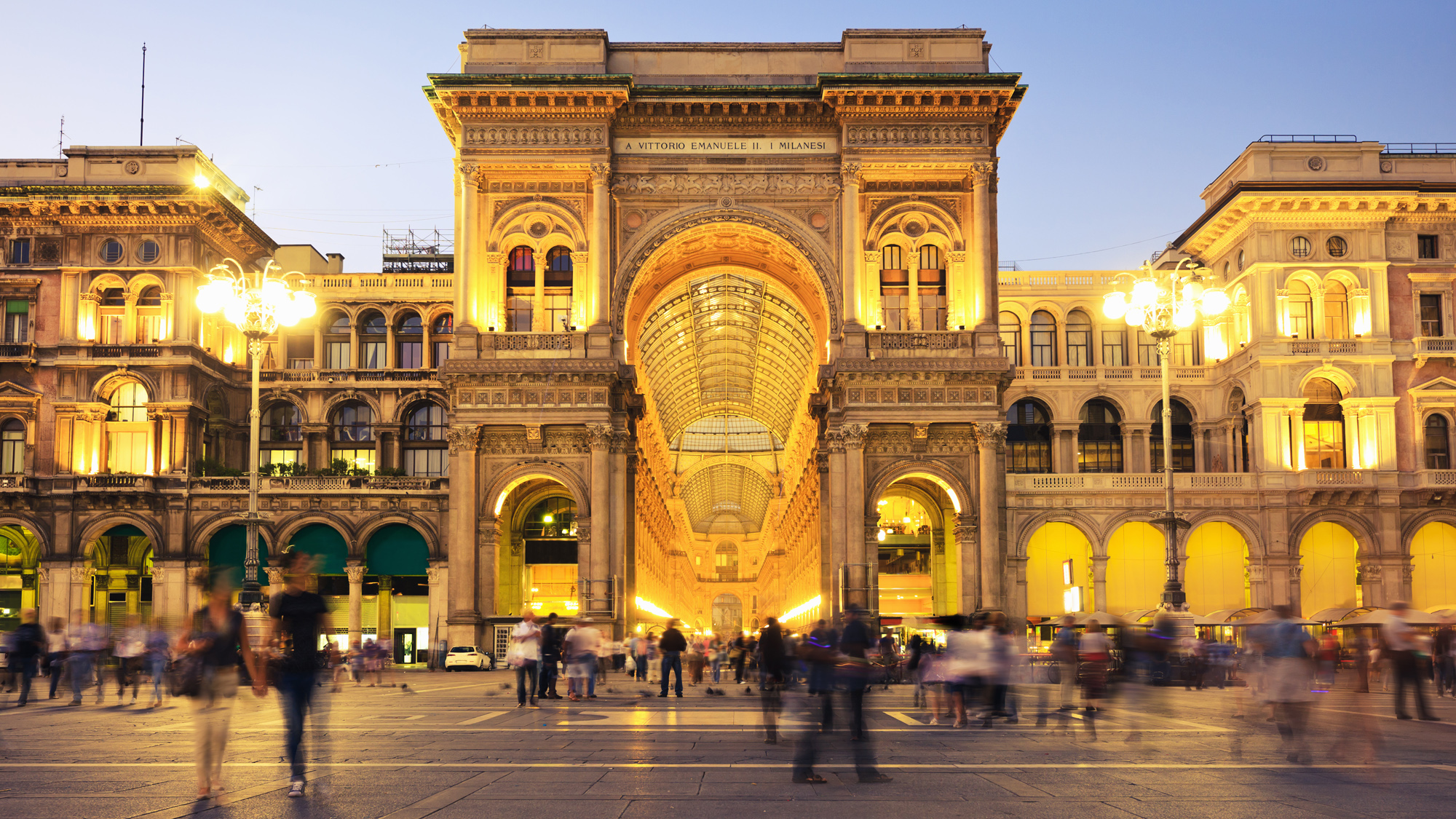
About HowToSpendItEthically.Org
Luxury means different things to different people. It may be a car, haute-couture fashion, fashion accessories, holiday destinations, the suburb you live in or the restaurants you patronise.
For too many of today’s wealthy elites, these types of luxury ‘products’ simply aren’t enough to quench their appetite. To fulfil their luxury criteria, a product needs to be much rarer and, as a result, they have turned their sights to scarce and endangered wildlife and botanicals. Around the world, the desire for rare wildlife and timber ‘products’ is increasing rapidly. Many are legal to purchase, even if they are endangered; this trade is managed by CITES (the Convention on International Trade in Endangered Species of Wild Fauna and Flora). Currently, CITES lists around 36,000 endangered species for trade restrictions. Only by understanding the effects of social, cognitive and emotional factors on the economic decisions consumers of endangered species we have the ability to influence and shape them.
Currently, opting out of this consumption addiction requires both a secure identity and massive willpower to NOT conform. This is evidenced by the evolving term and now legal defence of “Affluenza”, defined in 2001 (John de Graaf, David Wann, Thomas Naylor) to be:
“a painful, contagious, socially transmitted condition of overload, debt,
anxiety and waste resulting from the dogged pursuit of more.”
But recent years have seen marked consciousness-raising in the arena of living an ethical and sustainable (luxury) lifestyle. Yet, repeatedly in such discussions, one of the most fragile components of (luxury) consumption is left out of the conversation – wildlife and endangered species more broadly. To date there have been parallel discourses in ethical consumption and in wildlife conservation that rarely intersect and are indeed often in unintended opposition to each other. This online magazine argues we should place endangered species centre stage, as an equally important element, in rethinking our purchasing decision.
Articles will explore why endangered species are not currently factored into the evolving sustainable fashion strategy, highlighting the lack of supply chain transparency that has serious implication for the survival of both wildlife and botanicals. The aim of the articles is to help consumers make more informed purchasing decisions.
The long-term goal includes redirecting desire away from destructive, pseudo-luxury consumption impacting the worlds endangered species and fulfilling needs by contributing to the natural world rather than consuming it. By creating a new narrative about re-investing in the natural world as a way to demonstrate status and prestige, can we provide these elites an alternative to fulfil their self-image needs and a way to ‘win’ in the social comparison
stakes?
These ideas are based on re-inventing Magnificence, a concept steeped in history, but subverted by luxury in recent centuries.
HowToSpendItEthically.Org is an initiative of Nature Needs More Ltd, a non-profit organisation incorporated as a public company and registered charity in Australia.